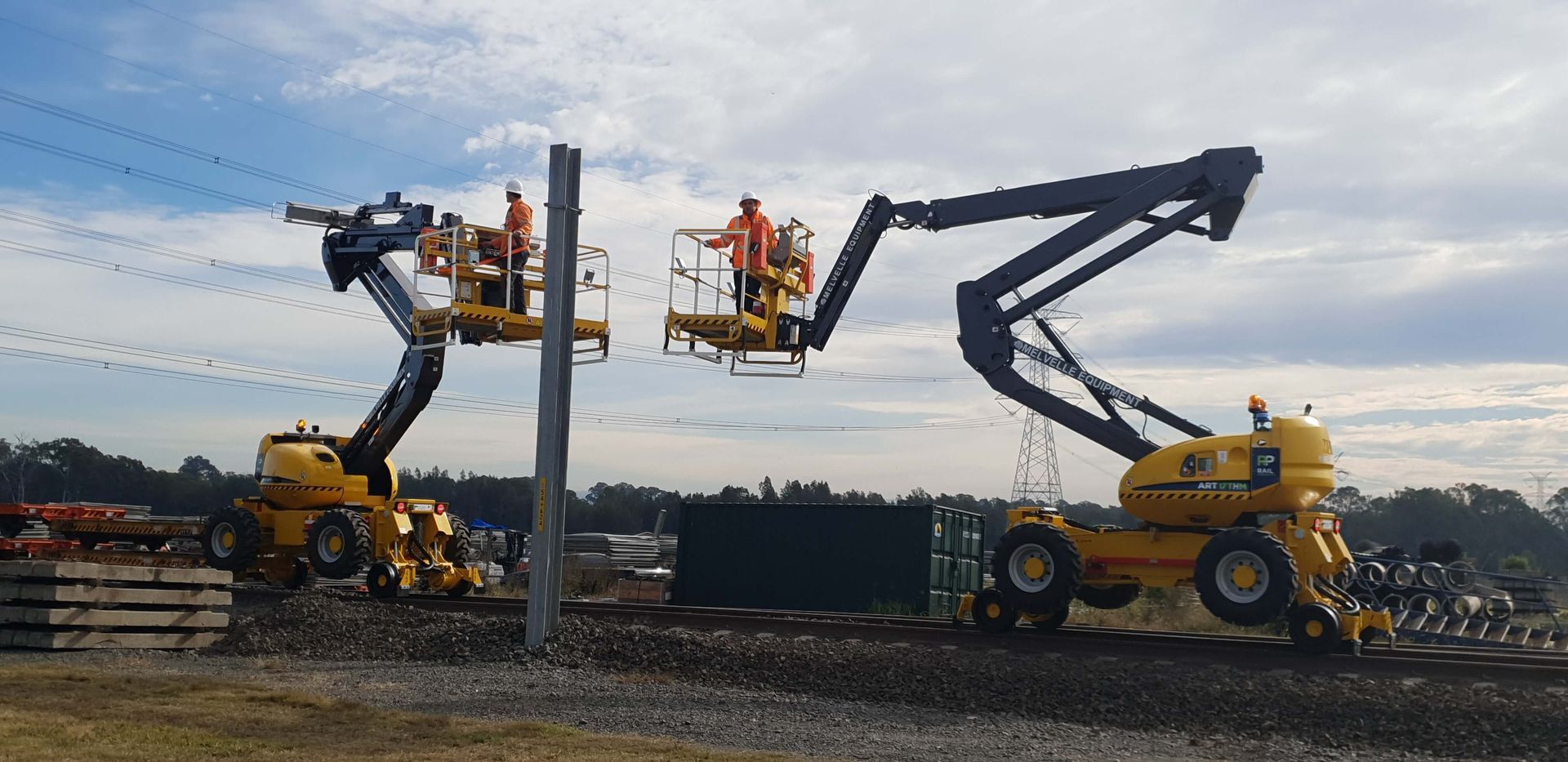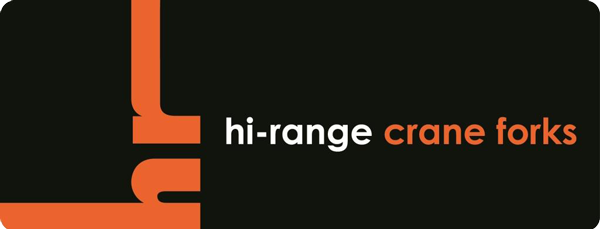30/04/2020

Slide title
Write your caption hereButton
Whether you’re a DIY-er looking to paint your two-story house or a tradie that needs to complete maintenance by scaling a building, choosing the right access equipment is critical for the successful completion of your project. From installing a satellite dish to repairing powerlines, access equipment is utilised in the domestic, civil and commercial industries for a range of working at height jobs. There is a wide range of electric and non-electric access equipment options available on the market, and the piece you choose will depend on a range of factors including whether your job is indoors or outdoors, how many people need to access the area and what obstructions are in the way?
We’ve made it simple for you to choose the right access equipment for your job by outlining everything you need to know in this blog!
What is Access Equipment?
Access equipment is any piece of equipment that is designed to help workers reach heights safely. This can include powered machines like scissor lifts and cherry pickers or non-electrical equipment like ladders and scaffolding. Overall, access equipment is convenient, easy and most of all, safe.
Factors to Consider When Choosing Access Equipment
1. The Job You’re Taking On
The first major factor to consider when choosing access equipment is analysing the type of job you’re taking on. Things to ask yourself would be:
- Is the job indoors or outdoors?
- Will there be access to electricity?
- How big is the workspace?
- What obstructions are in the way?
Once you’ve asked yourself these simple questions, you’re one step closer to finding the right piece of access equipment for your worksite.
2. Ground Considerations
There are also some site-specific considerations you should consider when choosing access equipment. Specifically, the type of ground you will be working. If you’re in a factory and have a level working surface then really, any piece of access equipment will work. However, if your job is outside, perhaps on weak soil, then the condition of the ground may not support heavy powered access equipment and you may need to look into soil stabilisation first. The condition of the ground is an important factor to consider when choosing access equipment that will be safe for your workforce.
3. The Maximum Height You Need to Reach
Possibly one of the biggest factors you need to consider is what height you need to reach. If you hire a piece of equipment that can’t reach the height you need to then you’ve wasted valuable time and money. Be sure to know exactly what height you’re working at so you can select the right piece of access equipment to safely access the height for your job.
4. The Lifting Capacity You Require
And finally, you’ll need to know how much you need to lift in order to pick the right machine for the job. So, things to ask yourself are:
- How many people need to be lifted?
- What tools are they using?
- How much room will be needed?
Once you’ve worked out the lifting capacity you require, you can choose access equipment with the right lifting capacity to support the weight of your job.
Types of Access Equipment to Choose From
Elevated Work Platforms (EWPs)
EWP’s are the perfect piece of access equipment for hard to reach areas as they offer extended reach and greater mobility to work around obstacles on the job site. There is a range of different EWP types including knuckle boom EWPs, truck mounted EWPs, straight boom EWPs and even hi-rail EWPs.
Scissor Lifts
Scissor lifts come in two types – electric and diesel. There are a few key differences between the two that may impact which one you decide to use for your project.
Electric scissor lifts are powered by pneumatic or hydraulic systems which are viewed as safer for operators and release zero emissions. Featuring a muffler, this piece of access equipment is perfect for indoor use. Electric scissor lifts can reach up to 12+ metres and are typically used for lighter loads.
Diesel scissor lifts are known for their mobility and feature a sturdy platform for users to work on. They’re suitable for both indoor and outdoor use, though they are typically used outdoor as they’re louder than electric scissor lifts.
Spider Lifts
Spider lifts are a lesser-known piece of access equipment that is small and compact, making it great for indoor work. With a flexible boom arm, spider lifts are also suitable for outdoor work like tree lopping and removal. Spider lifts are lightweight, good on all-terrain and can easily work around obstacles.
Let Us Help You Decide
Hi-Range Crane Forks offer a wide range of access equipment including hi-rail EWPs that are suitable for large outdoor lifting jobs. We can assist your project across New South Wales including Sydney, Newcastle, Wollongong, Campbelltown, Gosford and across the Central Coast. To organise a free quote, reach out to us today by giving us a call or filling out our online form.
Get a quote on rail track laying and more
Like what you see? Get in touch with our friendly team for more information on what services we can secure for your next rail construction project. Hi-Range Crane Forks can organise and assist with full-service rail construction packages and individual service contracts alike. From track clearing to installing continuous welded rail, our teams can provide assistance to commercial and civil projects of any size and scope across South Australia and New South Wales.
Contact Us
Questions? We've got answers.
